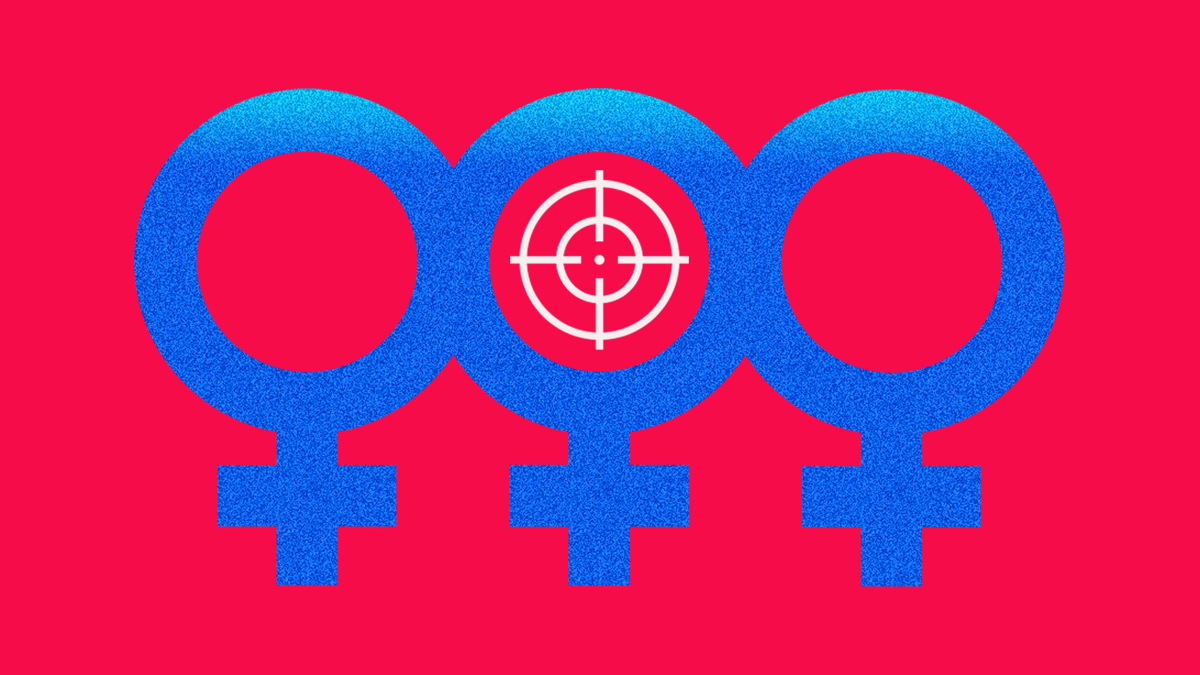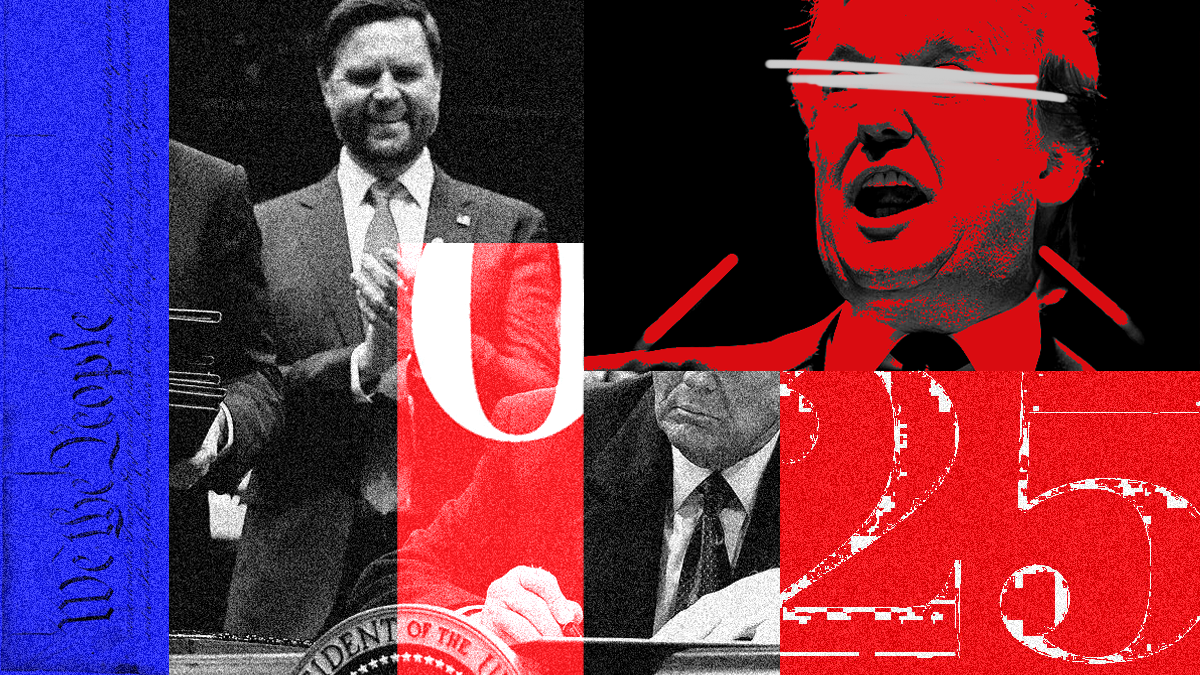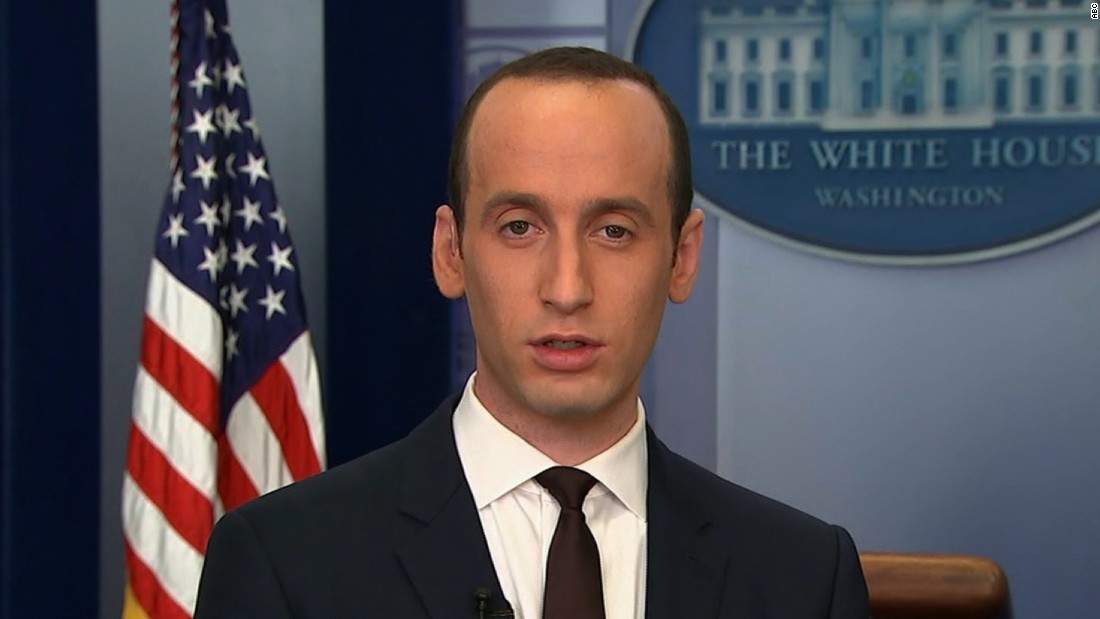The Rise in Political Violence Against Women is No Coincidence—These Threats Are Meant to Remove Power from Women

“There are no [abortion] clinics left to bomb — thanks to us!”
Netflix’s The Hunting Wives is a soapy thriller filled with off-color humor like the above line, highlighting what happens when East Coast liberal meets Texas conservative. The characters attend NRA fundraisers and anti-abortion meetings while having (queer) affairs and covering up murder. While the overdramatized and satirical portrayal of Maple Brook, Texas makes for an entertaining television show, it sometimes touches on painful realities.
The past few years have seen a troubling rise in political violence toward women in the United States, targeting their participation in civic life. Whether they are legislators, judges, candidates, or election officials, women in the political sphere have experienced increased and frightening levels of threats and violence. These threats, as well as “jokes” about taking away women’s right to vote are aimed at shutting women out of the political process and out of positions of power. And it’s no coincidence this uptick in violence is happening alongside a rise in extremist policy attempts to strip women and LGBTQIA+ people of the fundamental rights that allow them to occupy an equal place in society, like access to abortion care or affordable child care.
In The Hunting Wives, the pastor’s wife Jill jokes about violence against abortion providers in a throwaway line that is supposed to (and does) make your jaw drop. However, it also hits close to home. In 2023 and 2024, the National Abortion Federation documented 296 death threats made against abortion providers, along with 12 bomb threats. In June 2025, only a month before the show’s release, Minnesota state Representative Melissa Hortman and her husband were assassinated at their home in a horrifying, brazen attack by a man posing as a police officer. The shooter targeted Hortman, a leader of the Democratic-Farmer-Labor Party and fierce advocate for abortion rights and gender-affirming care in Minnesota, and had plans to target nearly seventy other state legislators, abortion providers, and activists.
The Hortman murders were the latest in a string of violence targeting women in politics. Other high-profile incidents include the kidnapping plot against Michigan Governor Gretchen Whitmer, swatting attempts on Montana legislator Zooey Zephyr and then-presidential candidate Nikki Haley, and the brutal attack on Representative Nancy Pelosi’s husband by an assailant seeking the Speaker. A survey from the Brennan Center for Justice found that women legislators were more likely to report an increase in the frequency and seriousness of abuse. Further, they were more likely than men lawmakers to report that threats were directed at their gender and their children and families. Nearly half of women local officeholders, such as school board members, surveyed said that the abuse negatively impacted their desire to run for office again.
Legislators are not the only targets. Women judges have also experienced an increase in threats and violence over the past several years. In 2020, Judge Esther Salas’ son Daniel was killed by a self-proclaimed “men’s rights” lawyer posing as a pizza deliveryman. Like Melissa Hortman’s killer, the Salas’ attacker had a list of possible targets, including judges who had ruled against him. His previous lawsuits included challenges to the men’s only draft, ladies-only nights at bars, and women’s studies programs. Earlier this year, other jurists received pizza deliveries in Daniel’s name as a way of intimidating them. In Texas, a woman was arrested and charged with threatening to kill Judge Tanya Chutkan, who was overseeing a case against Donald Trump for seeking to illegally overturn the 2020 election.
Recent rhetoric about election integrity has also made life significantly more difficult for election officials, who make sure elections run smoothly. Election workers, whose roles are often nonpartisan, are far more likely to be women, and they face significant, targeted harassment. The threats they receive tend to be from men, and these threats are sexually explicit or target their children and families. Often these threats are made anonymously through social media, making them difficult to regulate. However, threats of violence discourage women from participating in civic life by threatening their lives if they continue serving as poll workers and election officials.
Women have spent decades building their political power. Since 1980, women have outnumbered men at the polls. Women are breaking barriers by running for office, taking seats on the judicial bench, and serving on the front lines of ensuring voters can exercise their freedom to vote.
The perpetrators of political violence against women seek to push them out of positions of influence and power and, eventually, take away their voice entirely.
Because it’s not just women elected officials and poll workers who are being silenced. During the 2016 election, after a poll showed Hillary Clinton winning the election by a landslide if only women could vote, a spate of “repeal the 19th” tweets appeared on Twitter. In 2024, these “jokes” made a reappearance, amplified by former Trump White House officials. While the posters dismiss them as being “locker room talk,” they are emblematic of a troubling trend on social media that encourages women to submit to their husbands (and vote like them, if they vote at all).
In the first episode of The Hunting Wives, when asked what they do for work, one character laughingly responds, “We don’t work. We wife.”
The choice to live and work outside of the home should be just that — a woman’s choice. The spike in violence targeted at women seeks to keep them out of political and civic life, and these are threats that mustn’t be dismissed.




